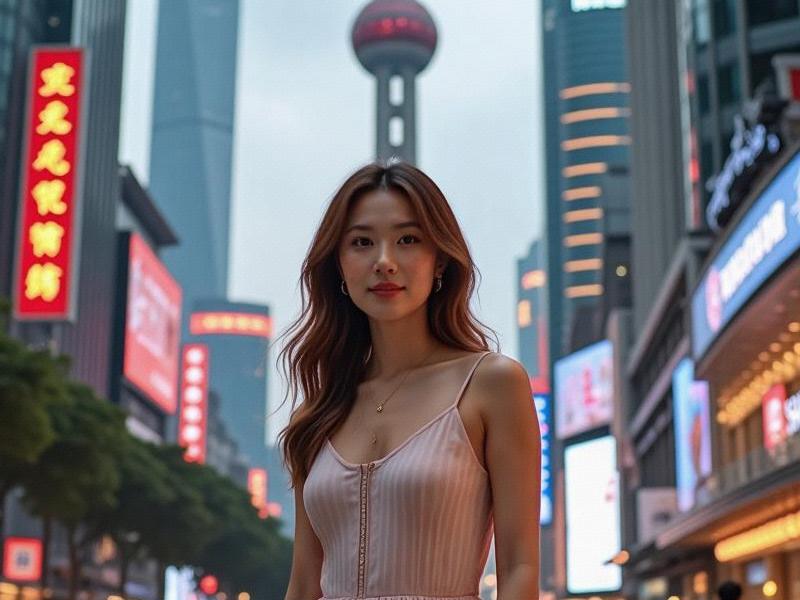An in-depth look at how Shanghai's high-end entertainment clubs are transforming the city's social and business landscape while adapting to modern consumer demands.

Shanghai's Nightlife Evolution: How Entertainment Venues Are Redefining Urban Leisure
The neon lights of Shanghai's entertainment districts tell a story of transformation. From the jazz clubs of the 1930s to today's multi-concept venues, Shanghai's nightlife scene continues to reinvent itself while maintaining its unique blend of Eastern and Western influences.
The Current Landscape
Shanghai boasts over 3,500 registered entertainment venues, including:
- High-end KTV clubs with celebrity-designed interiors
- Members-only business clubs combining dining and networking
- Themed lounges featuring immersive experiences
- Hybrid spaces merging art galleries with nightlife
Business Meets Pleasure: The New Club Model
Modern Shanghai entertainment venues increasingly serve dual purposes:
1. Corporate Entertainment Hubs
- 78% of high-end venues report corporate bookings account for >40% revenue
- Specialized business packages including private meeting rooms
- Discreet service protocols for sensitive discussions
2. Cultural Showcases
- Many venues now incorporate traditional Chinese elements
上海私人外卖工作室联系方式 - Monthly rotating art exhibitions in club spaces
- Collaborations with local musicians and performers
Design Innovations
Leading venues feature:
- Smart lighting systems that adjust throughout the evening
- Soundproof "quiet rooms" for phone calls
- High-tech reservation systems with facial recognition
- Eco-friendly materials and energy-saving technologies
The Clientele Breakdown
Recent surveys show:
- 55% Chinese business professionals
- 30% expatriates and international visitors
- 15% local young professionals
- Gender ratio shifting to 45% female patrons
Revenue Streams
爱上海419 Modern clubs diversify income through:
1. Membership tiers (¥20,000-¥500,000 annually)
2. Premium F&B offerings (rare spirits, chef collaborations)
3. Event hosting (product launches, private parties)
4. Brand partnerships (luxury goods, automotive)
Challenges and Regulations
Venues must navigate:
- Strict noise ordinance enforcement
- Alcohol serving time restrictions
- Increased food safety inspections
- Competition from home entertainment alternatives
Technology Integration
Forward-thinking venues employ:
- AI-powered recommendation systems
- Mobile app-controlled room environments
- Virtual concierge services
- Cryptocurrency payment options
上海娱乐联盟
The Future Outlook
Industry experts predict:
1. More "day-to-night" concept spaces
2. Increased focus on health-conscious offerings
3. Growth of smaller, boutique venues
4. Integration of metaverse elements
Case Study: The Dragon Phoenix Club
This 2-year-old venue exemplifies modern trends:
- Combines Cantonese fine dining with lounge entertainment
- Features rotating contemporary art installations
- Offers "business incubation" membership packages
- Hosts quarterly cultural exchange events
Conclusion
As Shanghai continues its ascent as a global city, its entertainment venues reflect the sophisticated tastes of its international population. These spaces have evolved beyond mere leisure destinations to become crucial nodes in Shanghai's social and business networks. The most successful venues understand that in today's Shanghai, entertainment must engage both the senses and the intellect.